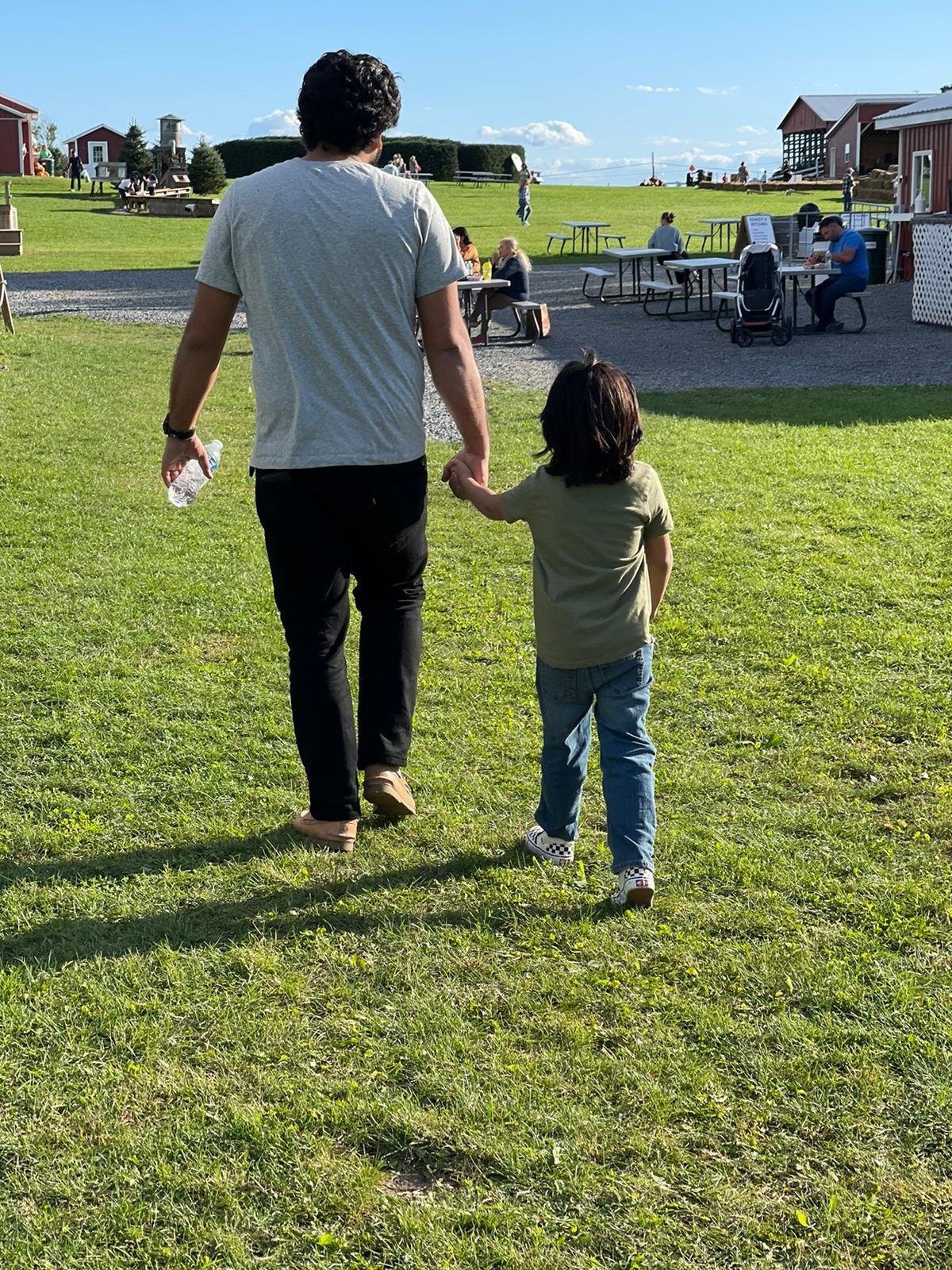Introduction
Sleep is something we all need, and it’s essential for our overall well-being. But for many people on the autism spectrum, getting a good night’s sleep can be a real struggle. In this blog, we’ll dive into the complex world of autism and sleep disorders. We’ll explore why individuals with autism often face sleep challenges and, most importantly, we’ll share some practical tips and strategies to help improve sleep quality.
Understanding the Connection
Before we jump into solutions, let’s take a moment to understand why sleep can be such a challenge for individuals with autism.
- Prevalence of Sleep Disorders in Autism
- It’s well-documented that sleep disorders are more common among individuals with autism compared to the general population. According to the National Institute of Child Health and Human Development (NICHD), sleep problems are prevalent in autism.
- Neurological Factors
- There are some neurological factors at play when it comes to sleep in autism. Differences in melatonin production and sensory sensitivities can impact sleep. For more details, you can refer to this article from Autism Speaks.
Common Sleep Challenges in Autism
Now, let’s get into the nitty-gritty and look at some of the most common sleep challenges individuals with autism face.
- Difficulty Falling Asleep
- Many individuals with autism have a tough time falling asleep. For strategies and recommendations, check out this resource from the Autism Society.
- Night Wakings and Insomnia
- Frequent night wakings and insomnia are also common issues. Autism Parenting Magazine provides insights into the potential causes and shares tips for establishing a consistent sleep schedule.
- Sensory Sensitivities
- Sensory sensitivities can disrupt sleep, but there are ways to create a sensory-friendly sleep environment. The Interactive Autism Network (IAN) offers guidance on sensory-friendly sleep spaces.
Strategies for Improving Sleep Quality
Now, let’s move on to the practical stuff – strategies to help improve sleep for individuals with autism.
- Sleep Hygiene for Autism
- Good sleep hygiene is important for everyone, including those with autism. The Autism Research Institute has information on adapting sleep hygiene for specific needs.
- Melatonin and Sleep Aids
- Sometimes, supplements like melatonin or other sleep aids can be helpful. It’s crucial to consult a healthcare professional for advice. Refer to the National Sleep Foundation for more on melatonin use.
- Behavioral Interventions
- There are behavioral strategies and therapies, like Applied Behavior Analysis (ABA), that can make a real difference in sleep patterns. To understand how these approaches work, consult the Autism Science Foundation.
- Professional Help
- It’s crucial to involve healthcare professionals and specialists for a personalized approach to sleep issues. Seek guidance from the National Institute of Mental Health (NIMH).
Success Stories and Support
To offer some hope and inspiration, we’ll share success stories of individuals with autism who have overcome their sleep challenges.
- Support for Caregivers
- And let’s not forget about the caregivers. They often face sleep disruptions themselves, so we’ll discuss the importance of self-care and support for them. Explore resources from the Autism Society for caregiver support.
Conclusion
In conclusion, while sleep disorders and autism can be a tough combination, there is hope. By understanding the unique sleep challenges faced by individuals with autism and implementing effective strategies, we can make a positive impact on sleep quality and overall well-being. A good night’s sleep is a step towards a happier, healthier life for individuals with autism and their families.



